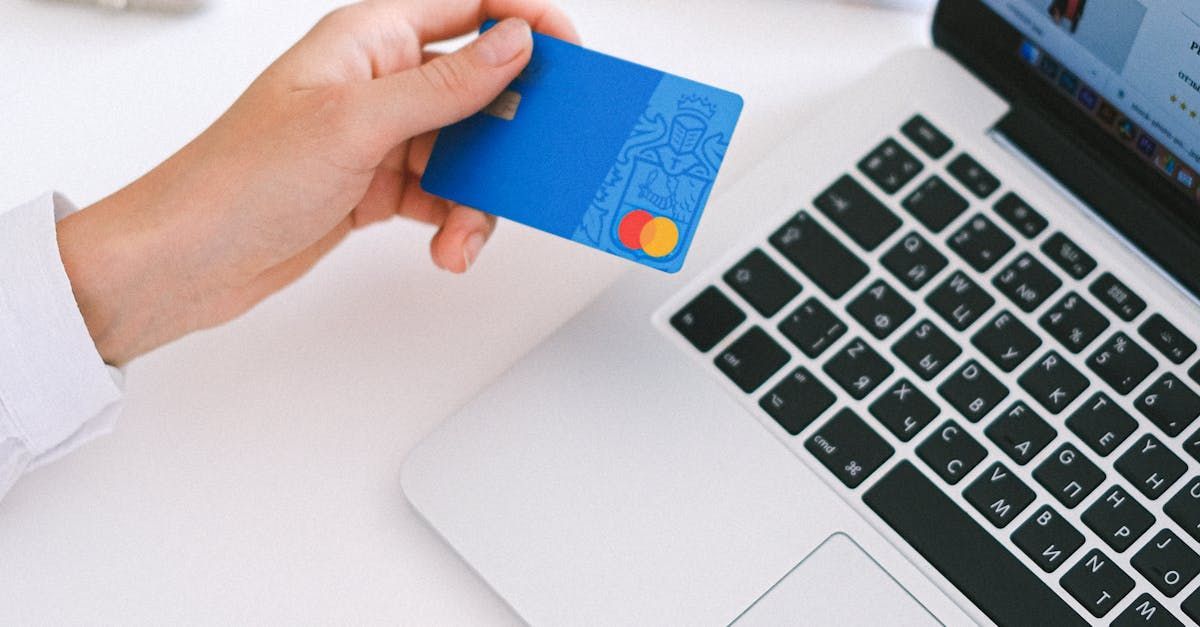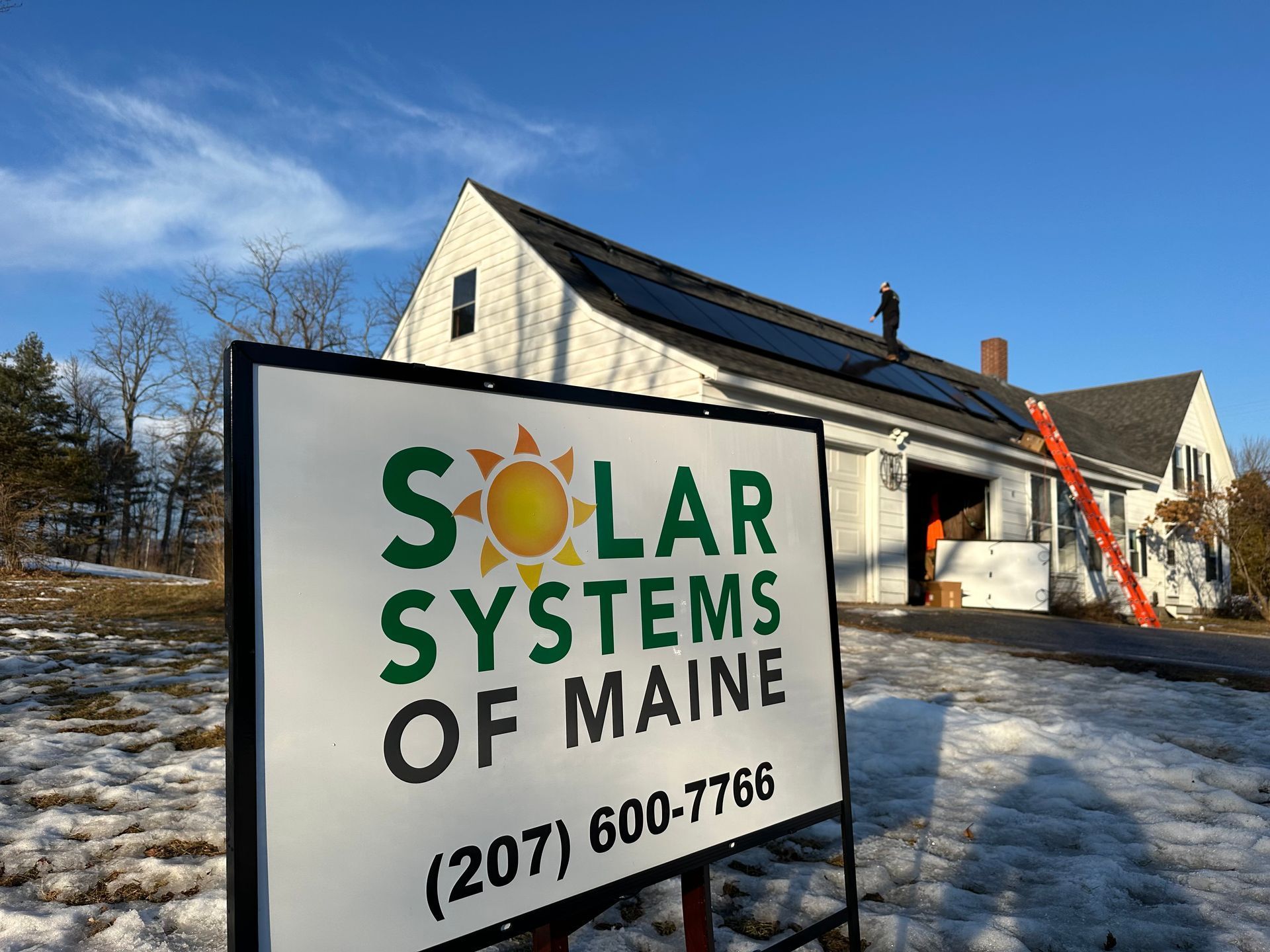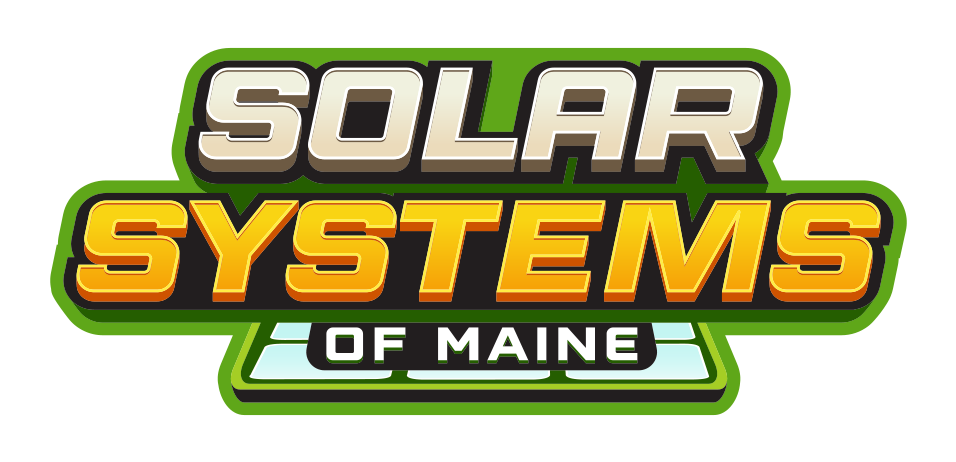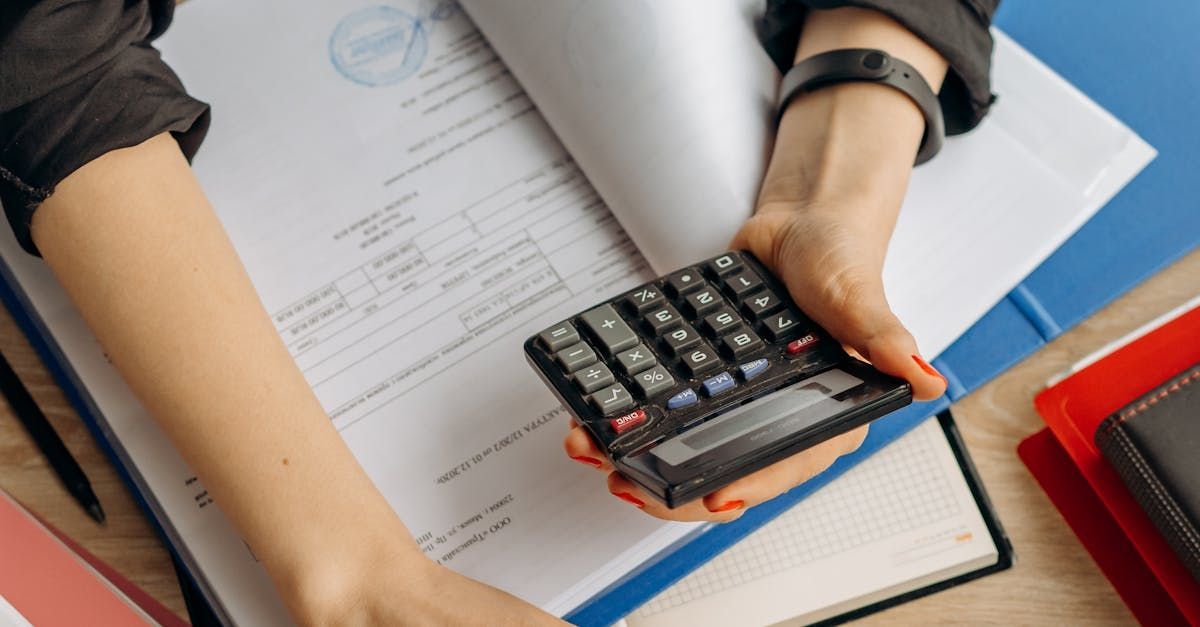Solar Resources
Contact Us
March 8, 2024
Paying for Solar There are a few ways to finance your solar panels: with cash up front, a lease, or through a solar loan (some of which are $0-down). Paying with cash upfront offers the greatest savings over time, but this option isn’t possible for everyone. Leasing your solar panels won’t save you as much over the lifetime of the system and will even disqualify you from some solar incentives. But, with this option, you will typically still receive electricity at a discounted rate. Lastly, taking out a solar loan allows you to pay off your system in monthly installments while maintaining ownership – this is a great option for many homeowners because you’re still eligible for incentives without having to pay a lot upfront. Solar Systems of Maine works with several Solar Specific lenders and will ensure we find you the best financing option. Owning an asset versus paying a monthly bill Solar Loans allow you to own an asset that generates significant financial value. There's one significant difference between a typical home improvement loan and a solar loan. Unlike a home improvement loan, a solar loan allows you to dramatically reduce or eliminate your electric bill over the system's 25-year lifespan. You'll also benefit from property value appreciation, the federal investment tax credit, and other incentives. While a new kitchen is an excellent addition to your home and likely to improve your property value–it doesn't offer the same type of continuous financial benefits.

March 8, 2024
How do solar panels work? Solar panels are made of photovoltaic cells, which convert sunlight into electricity. The sun emits solar radiation, which is absorbed by the photovoltaic cells. Electrons within the solar cell are energized, escape their bonds and form an electric current. That current, which starts as direct current, is switched to alternating by the solar system's inverter. From there it's used up in the electronics in your home or sent back to the grid.
Copyright © Solar Systems of Maine | All Rights Reserved
Monmouth, Maine 04259, United States

